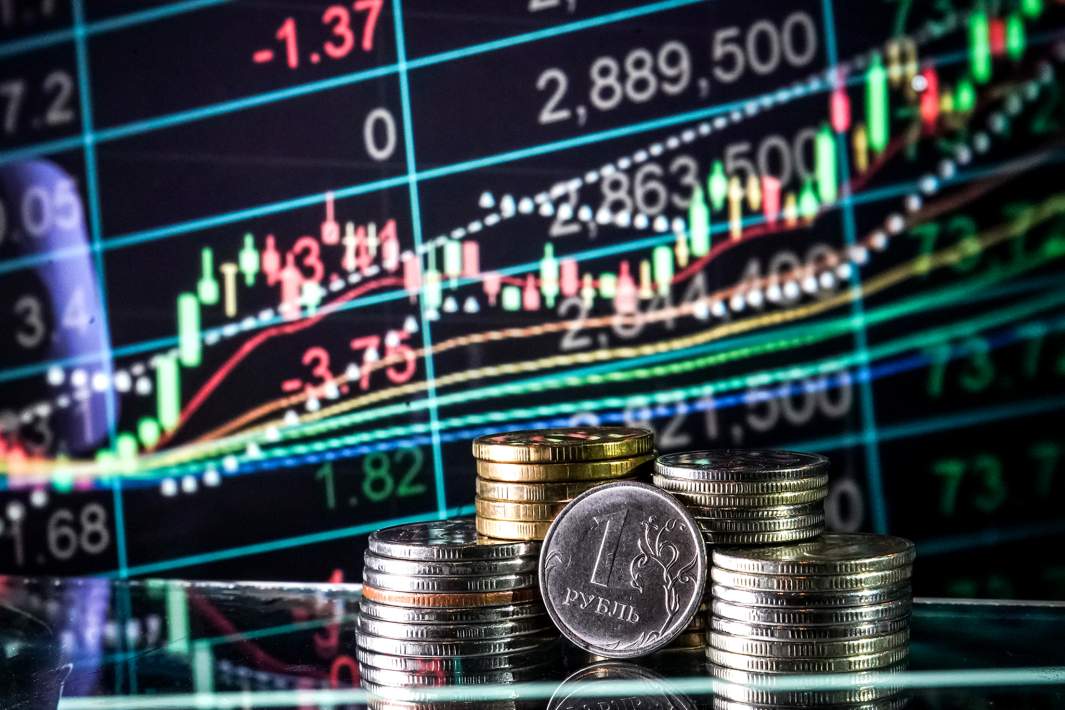
The West envies the success of the Russian Economy
An article by Bloomberg has concluded that the Russian economy has fully adapted to the challenging situation it faces. Recently, the government released the forecast data on the country's trajectory towards becoming the 4th largest economy in the world. Experts have identified both opportunities and obstacles along this path.
The Russian economy is expected to continue growing in the coming years, despite the impact of sanctions and the costs of a special military operation. Bloomberg drew this conclusion after analysing data from the Federal State Statistics Service (Rosstat) and government documents. In fact, the agency stated something that is not commonly discussed in Europe.
According to the publication, the country's ability to redirect trade in the face of international sanctions is likely supporting the pace of economic growth. Additionally, increased military production and growing consumer demand, along with social spending and higher wages in the face of labor shortages, are driving this growth.
According to Bloomberg, the Russian Ministry of Economy predicts that the average annual ruble exchange rate will not exceed 87.4 per dollar over the next three years. Inflation is expected to remain close to 4%, and the average oil price is not projected to fall below $66.3 per barrel during the same period.
If we refer to Rosstat data, the agency reports that Russian industry rebounded in April-June. Production surged by 10.6% in the second quarter, following a 0.3% increase in January-March and a contraction in the second half of 2022.
According to Nikolai Pereslavsky, head of the 'Support' department of the CMS Group of Companies, the growth of the Russian economy is attributed to the opening of new high-tech industries. Over 30 new enterprises have been launched in Russia since the beginning of 2024. One of the most significant projects is the opening of the Tractor Plant by Rostselmash. This is the first newly built full-cycle tractor plant in 52 years.
The analyst notes that the tractor plant is directly related to economic growth, as the tractor is a means of production. It is more important to produce means of production than to sell crude oil. This transition is the essence of moving from a resource-based to a high-tech economy.
Nikolai Pereslavsky believes that inflation and the high refinancing rate of the Central Bank of the Russian Federation are bottlenecks that hinder economic growth. He thinks that business development will be problematic in the future if the current rates persist. According to the analyst, this year's GDP growth will be between 2.5% and 3%, and the main factor will remain the same as in 2023: government financing of infrastructure projects.
According to Timur Yadgarov, an independent director and chairman of the organizing committee of the International Management Forum, boosting the economy can be achieved by reducing capital export, promoting domestic investment, particularly in the stock market, enhancing the appeal of domestic real estate, developing domestic tourism, and improving transport infrastructure.
The development of transport corridors towards the Far East, such as the Trans-Siberian Railway and the Northern Sea Route, will facilitate growth. This will open up new prospects for international logistics and the export of Russian goods to the Asia-Pacific countries.
However, access to new technologies may be limited, which is currently being compensated by internal sources. The development of import substitution is crucial for the country's technological sovereignty and competitiveness on the world stage. The development of import substitution is crucial for the country's technological sovereignty and competitiveness on the world stage. This includes artificial intelligence, quantum computing, robotics, and blockchain technology.
Another limitation is the shortage of qualified labour, which needs to be developed internally and attracted from overseas. The vocational education system needs to be actively transformed to train highly qualified specialists who meet the demands of the modern labour market, including digitalisation and new production technologies. According to Timur Yadgarov, the program aimed at integrating foreign workers into the culture and society, along with initiatives for pre-training the workforce in their regions of origin, will enhance the domestic labour market and promote intercultural exchange and mutual development.
Yadgarov also believes that international integration with friendly countries will help strengthen foreign trade ties and create opportunities for the development of alternative payment systems. China, India, Vietnam, South Africa, and Brazil have the greatest potential for growth in international trade.
